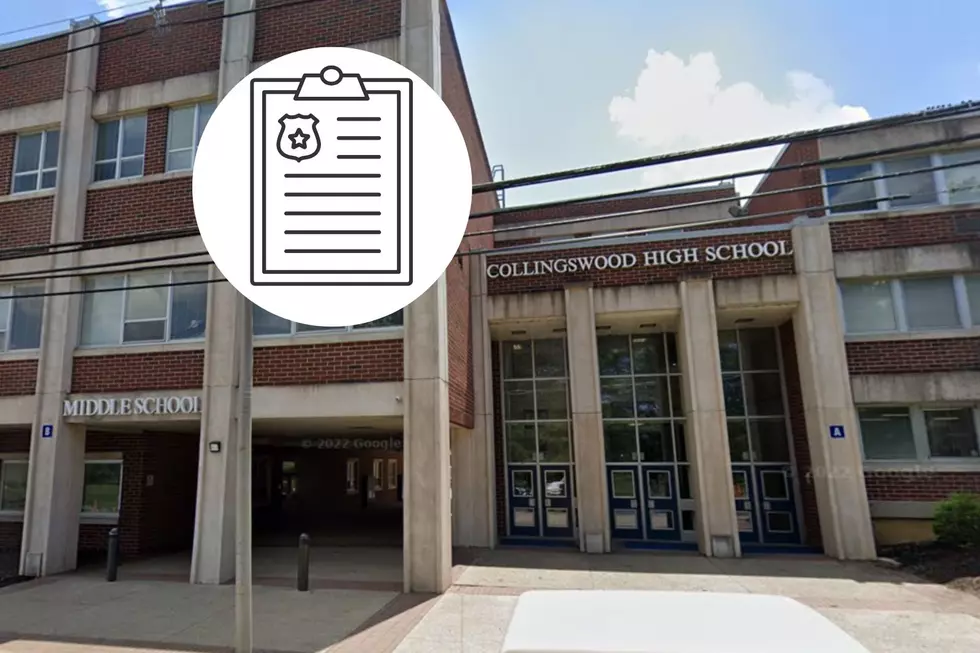
Allergy suffering expected to worsen in NJ in weeks ahead
Had enough of the pollen already?
Too bad.
Some of the more allergenic trees — birch and oak — are just getting started with their impacts on allergy sufferers in New Jersey, and the cold-like symptoms are likely to continue for several weeks for unmedicated residents.
Elm, cedar, and maple trees were causing issues for sufferers in March.
"All the way up to Memorial Day Weekend, we are going to have a very heavily induced pollen season," Dr. Leonard Bielory, a professor of medicine, allergy, immunology, and ophthalmology at Hackensack Meridian School of Medicine, told New Jersey 101.5.
Pollen counts started the season in the single digits but are now in the thousands, Bielory said.
Just how high those numbers get depends on a few factors — mostly moisture. Pollen, the male reproductive component of a plant, feeds on prior precipitation.
"If we have April showers bring May flowers, it's not just May flowers — we will get a heck lot more of May pollen," Bielory said.
And with pollen having the ability to travel hundreds of miles, the threat to people with seasonal allergies is statewide.
The effects of tree pollen typically fade in the middle of May, just in time for the release of grass pollen.
Pine trees are the heaviest producer of pollen in New Jersey, but they're the least allergenic of the trees.
Dino Flammia is a reporter for New Jersey 101.5. You can reach him at dino.flammia@townsquaremedia.com
Click here to contact an editor about feedback or a correction for this story.
LOOK: Food and Personal Care Shortages We Could See In 2023
Most affordable places to live in New Jersey
More From New Jersey 101.5 FM









